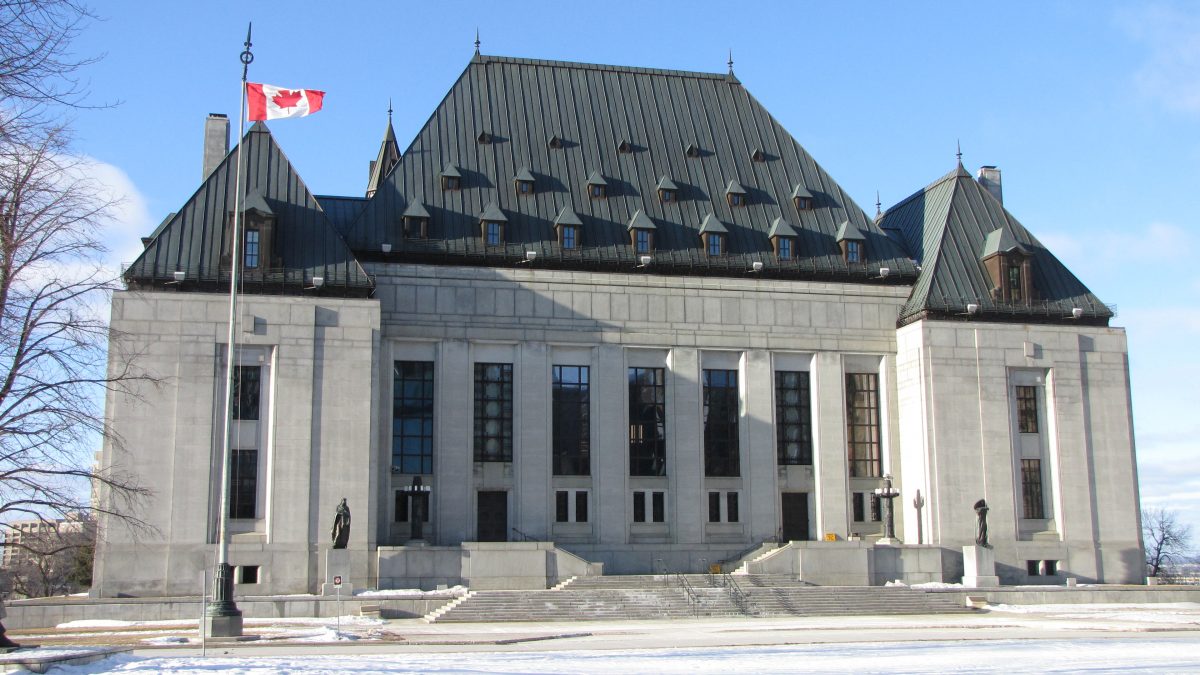Ottawa has overhauled the process by which justices are picked for Supreme Court openings.
Prime Minister Justine Trudeau is also announcing today, the appointment of former prime minister Kim Campbell as the chair of a seven-member advisory body that will be in charge of recommending candidates to take over the position to be vacated by SC Justice Thomas Cromwell. Cromwell is scheduled to retire on Sept. 1.
Trudeau said the SC application process has been opened up to allow any Canadian lawyer or judge “who fits the criteria” to apply through the Office of the Commissioner for Federal Judicial Affairs.
“Gone are the days of governments – Liberal and Conservative alike – nominating Supreme Court justices through a secretive backroom process. Canadians deserve better,” a column written by Trudeau and published in the Globe and Mail said Tuesday. “From now on, an independent and non-partisan advisory board will be given the task of identifying suitable candidates.”
The prime minister also said there will be a renewed commitment to transparency. For example, members of the advisory board, the assessment criteria, questionnaires provided to all applicants as well certain answers to the questionnaires will be made public to Canadians.
RELATED CONTENT
SC says Ottawa gas jurisdiction over indigenous people
Members of Parliament will also have the opportunity to actively participate in the appointment process and directly engage with the nominee – before she or he is appointed to the Supreme Court, Trudeau said.
The advisory body headed by Campbell will be made up of four members designated by independent professional organizations: the Canadian Judicial Council, the Canadian Bar Association, the Federation of Law Societies and the Council of Canadian Law Deans; and the remaining three will be prominent Canadians, at least two of whom will be from outside the legal community, appointed by the Minister of Justice.
In the future, he said, when one of three Quebec seats is to be filled, the composition of the board will be adjusted “to account for Quebec’s unique tradition.”
In a departure to the practice adopted during Stephen Harper’s tenure, there are no MPs in the advisory board.
The board is expected to come up by late September, with a list of three to five persons who will be potential replacements for Cromwell. Trudeau will pick a replacement from this list. While his recommendations are non-binding, the Prime Minister still has authority to appoint anyone he wants.
The overhaul of the SC appointment process was partly in response to controversy whipped up by the so-called Nadon affair. At that time, the SC made an unprecedented ruling that Harper’s 2013 appointee Justice Marc Nadon, lacked the legal qualification to be part of the SC.
Allegations of secret manipulations in the SC selection process surfaced. A Globe and Mail report showed that four of the six justices the government recommended for parliamentary review, were ineligible.

